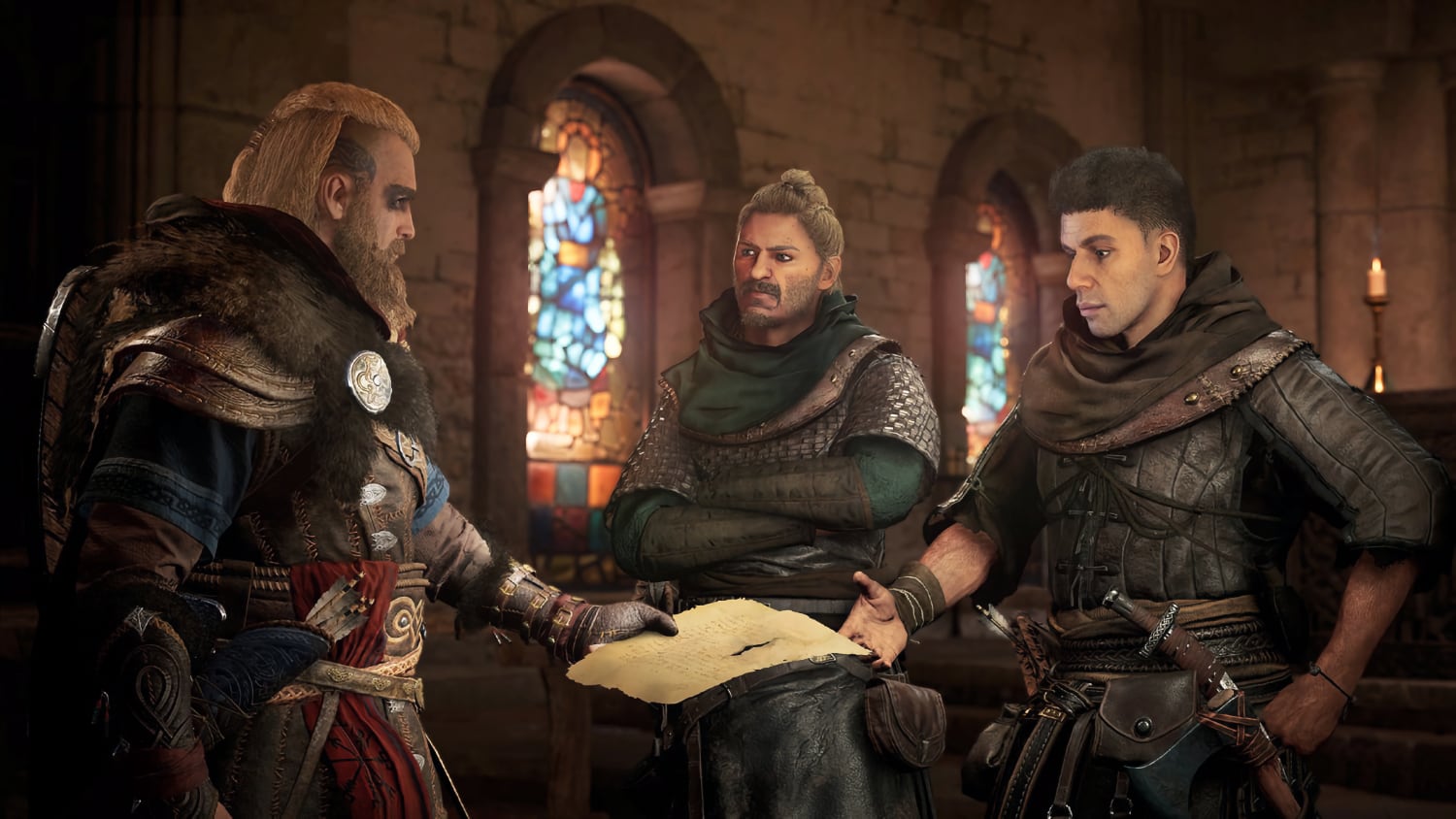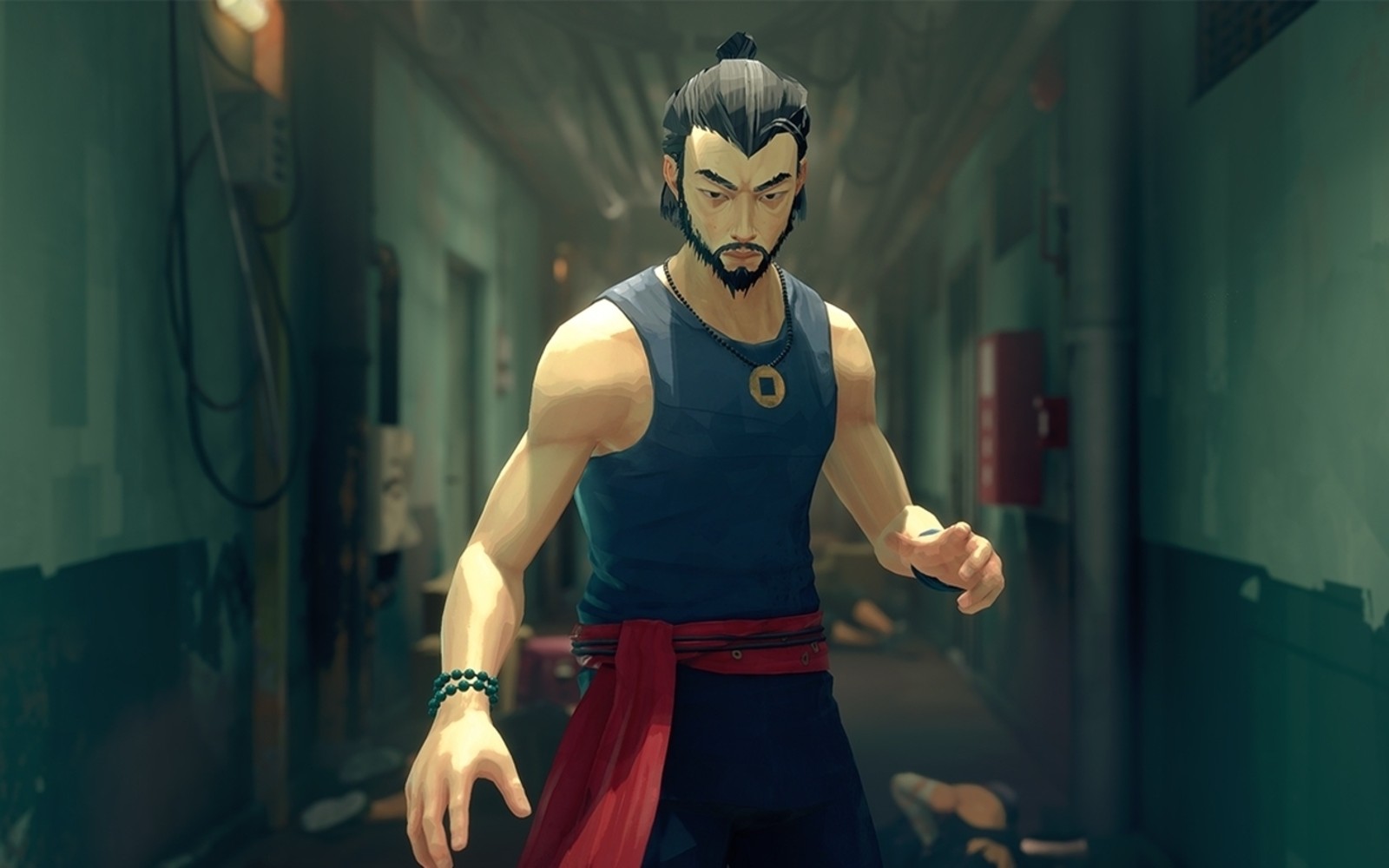Jumpcut founder Kartik Hosanagar is a professor on the Wharton Faculty, however about 10 years in the past, he spent his summer time in an unlikely means: he wrote a screenplay. Set in India, his script garnered some curiosity from producers, however nobody took the plunge to fund a movie by a first-time Indian director.
Now, movies that includes various casts are gaining traction — this 12 months, Chloé Zhao turned the primary girl of shade, and solely the second girl ever, to win the Academy Award for Greatest Director. On the earlier ceremony, Bong Joon-ho’s “Parasite” turned the primary non-English language movie to win the Academy Award for Greatest Image. Nonetheless, in accordance with a latest report from McKinsey & Firm, Hollywood leaves $10 billion on the table every year as a result of business’s lack of variety.
“How do you make a guess on underrepresented voices or underrepresented tales?” requested Hosanagar. “Whereas there’s consciousness, there’s no motion, as a result of no person is aware of learn how to do it. In order that’s what obtained me into Jumpcut. It’s this uncommon firm the place 20 years of my work on knowledge science and entrepreneurship meets with who I’m exterior of my work.”
At Wharton, Hosanagar is the College Lead for the AI for Business program. He was a founding father of Yodle, which was acquired by internet.com for $340 million in 2016. However for this subsequent enterprise, he wished to sort out Hollywood’s homogeneity hands-on through the use of his expertise with knowledge science to de-risk media tasks from underrepresented creators.
“The imaginative and prescient is to create a extra inclusive period of world content material creation,” he stated to TechCrunch.
Hosanagar began engaged on Jumpcut in 2019, however at the moment, the Atomic-backed firm launches out of stealth as the primary knowledge science-driven studio working to raise underrepresented voices in movie. Already the studio has 12 TV and movie tasks within the works, with companions like 36-time Academy Award nominee Lawrence Bender (“Pulp Fiction,” “Good Will Searching”), Emmy Award-winning producer Shelby Stone (“Bessie,” “The Chi”) and showrunner Scott Rosenbaum (“Chuck,” “The Defend”).
Jumpcut fashions itself after Y Combinator in its method, pairing rising expertise with consumers and producers. First, Jumpcut makes use of an algorithm to scan a whole lot of 1000’s of movies from platforms like YouTube, Reddit and Wattpad to search out promising expertise. The algorithm narrows down the in depth area to find creators who’re constantly discovering new audiences and rising their engagement. Then, the Jumpcut staff — together with advisors and veterans from Netflix, BuzzFeed, CBS, Sony and WarnerMedia — identifies who to attach with.
In a single instance of the algorithm’s success, Hosanagar pointed to Anna Hopkins, an actress who has appeared on reveals like “The Expanse” and “Shadowhunters.” Although Hopkins has discovered some success in entrance of the digital camera, she additionally needs to put in writing.
“We found a few of her quick movies, and the algorithm recognized it as a result of individuals had robust emotional reactions within the feedback, like, ‘heartwarming however in a optimistic means,’ or ‘give me a tissue,’ ” Hosanagar defined. Since Hopkins isn’t publicly often called a author, she assumed that Jumpcut discovered her by a tv community she had pitched a script to, however that wasn’t the case. “We stated, ‘no, our algorithms discovered you.’ ”
As soon as a creator is recognized by Jumpcut, they will A/B check their concepts with audiences of over 100,000 potential viewers, which helps the corporate show to funders by knowledge science that these concepts can promote.
“The thought there may be that we don’t watch for creators to get found by the standard Hollywood companies, as a result of that requires the creators to have entry to the highest brokers, and that once more brings you again to the outdated boys membership,” Hosanagar stated. “We’re automating numerous that course of and discovering these people who find themselves creating nice tales which might be resonating with audiences, not ready for some Hollywood company to find them.”
As soon as the creators have an concept that checks nicely with a large viewers, they’re invited to Jumpcut Collective, an incubator program that helps artists develop an concept from an idea to a pitch in six weeks. Then, Jumpcut helps match tasks with producing companions and consumers.
Thus far, Jumpcut has hosted three incubator applications. Out of the 12 Jumpcut tasks presently underway, Hosanagar says that 9 or 10 of them got here out of the incubator. One challenge, for instance, is now being developed in partnership with Disney’s Asia Pacific Division.
Jumpcut isn’t disclosing the quantity raised on this spherical of seed funding, however confirms that Atomic is the one investor of their seed spherical.
Hosanagar is joined on the challenge by Dilip Rajan, his former scholar and a former product supervisor at BuzzFeed, and Winnie Kemp, a former SVP of Originals at Tremendous Deluxe and CBS. There, she developed and govt produced “Chambers,” the primary present with a Native American lead, and “This Shut,” the primary present with deaf creators and forged. Most of their funding will go towards payroll, which incorporates engineers, knowledge scientists and product managers on the product aspect of the corporate, in addition to improvement executives on the inventive aspect, who run the incubator.







